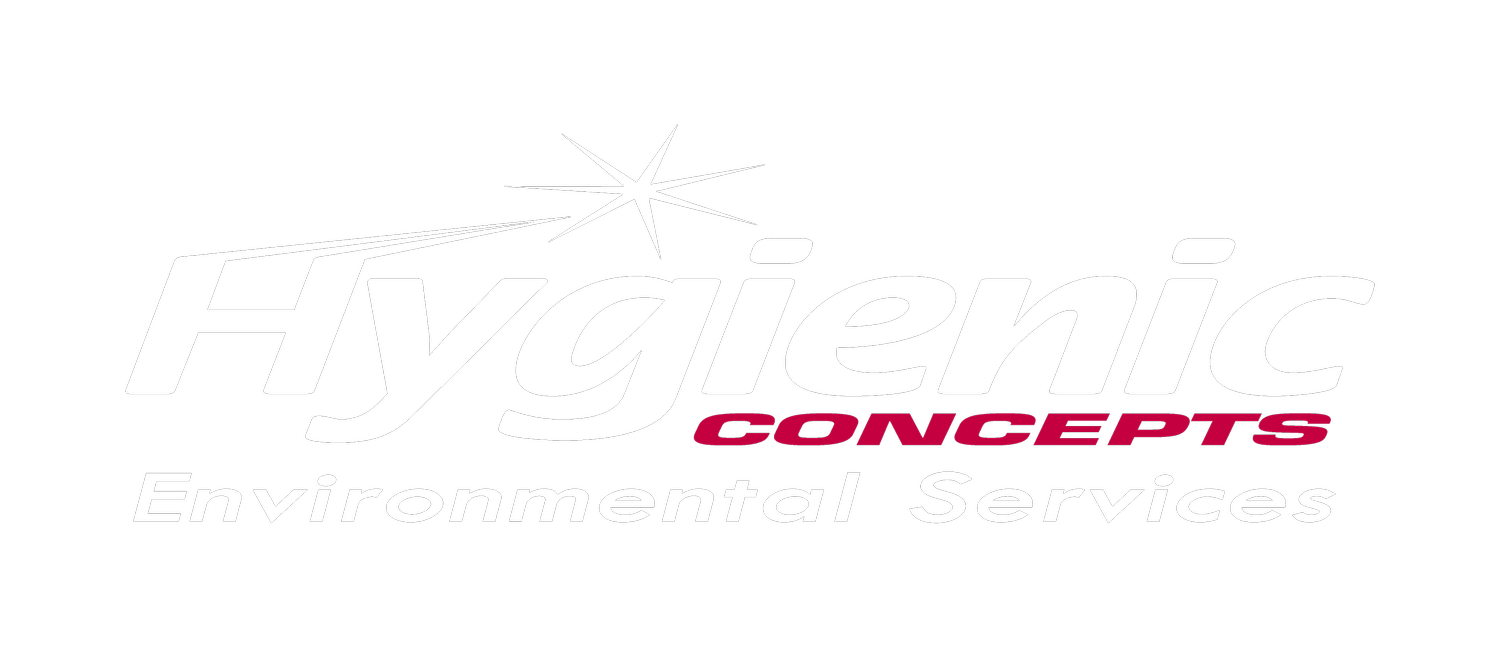The Importance of Sanitary Waste Disposal: Protecting Health and the Environment
Sanitary waste disposal is a critical aspect of maintaining public health, hygiene, and environmental sustainability. When done correctly, it helps prevent the spread of diseases, reduces pollution, and contributes to a cleaner and safer world. This blog delves into why proper sanitary waste disposal is so important, focusing on key aspects such as public health, environmental impact, and sustainable practices.
What is Sanitary Waste?
Sanitary waste primarily includes used sanitary products such as pads, tampons, nappys, and other personal hygiene items. These materials are often contaminated and can be potential carriers of harmful bacteria and pathogens. Proper sanitary waste management is essential for ensuring that these products do not cause harm to human health or the environment.
Why is Sanitary Waste Disposal Important?
1. Public Health Protection
Proper disposal of sanitary waste is crucial for safeguarding public health. If sanitary items are improperly disposed of, such as being flushed down the toilet or thrown away carelessly, they can contribute to the spread of infections and diseases. Contaminated waste can create a breeding ground for pathogens that can easily make their way into the community through water sources or direct contact. By following appropriate sanitary waste disposal practices, we reduce the risk of contamination and disease transmission.
2. Preventing Environmental Pollution
When sanitary waste is not disposed of properly, it poses significant environmental threats. Non-biodegradable materials, such as plastics in sanitary pads and nappies, can persist in the environment for hundreds of years. Improperly discarded sanitary products often end up in water bodies or as litter, contributing to both soil and water pollution.
These pollutants can leach harmful chemicals into the ground, eventually contaminating groundwater and nearby water systems. Marine life is also particularly affected when plastic-based sanitary products find their way into oceans, leading to ingestion or entanglement by aquatic animals. Responsible sanitary waste disposal is an essential part of reducing environmental pollution and ensuring that ecosystems are preserved.
3. Ensuring Safe Waste Management Practices
Sanitary waste must be treated and handled correctly by waste management services to minimise health risks. Waste workers face significant health hazards when dealing with improperly disposed sanitary waste, as they may be exposed to blood-borne pathogens. Using designated sanitary disposal methods, like wrapping used products securely and disposing of them in proper bins, ensures the safety of waste workers and prevents unnecessary contact with potentially hazardous materials
4. Promoting Sustainable Waste Solutions
With increasing awareness about environmental impact, sustainable sanitary waste disposal options are gaining popularity. By choosing biodegradable or reusable products like menstrual cups, cloth pads, or biodegradable nappies, individuals can help reduce the amount of non-biodegradable waste entering the environment.
Encouraging proper disposal behavior and opting for environmentally friendly alternatives are essential steps toward more sustainable waste management. The more we choose sustainable products and support their proper disposal, the less burden we put on the environment and landfills.
5. Complying with legislation
Businesses are required to manage sanitary waste in accordance with several laws, including The Environmental Protection Act 1990, which ensures waste is disposed of without harming the environment, The Water Industries Act 1991, which prevents sanitary products from being flushed and causing blockages in sewage systems, and The Workplace (Health, Safety and Welfare) Regulations 1992, which mandate the provision of suitable and safe waste disposal facilities in workplaces. By adhering to these regulations, businesses can maintain compliance and uphold high standards of hygiene and safety.
Practical Tips for Proper Sanitary Waste Disposal
Use correct disposal methods: Always use designated bins for sanitary waste. Public restrooms should be equipped with appropriate sanitary disposal containers to make it convenient for users. Businesses can benefit from professional sanitary waste disposal services, like those offered by Hygienic Concepts, which provide specialised bins and regular collection services to maintain hygiene standards and ensure compliance with regulations.
Do Not Flush: Sanitary pads, tampons, and diapers should never be flushed down the toilet. These products can clog plumbing systems and end up in water bodies, causing pollution. Instead, wrap them in paper or biodegradable bags and dispose of them in designated bins.
Consider Sustainable Alternatives: Using reusable products, such as menstrual cups or cloth pads, can help minimise waste generation. If disposable products are used, opt for biodegradable versions where possible.
Waste Awareness: Engage with others about the importance of proper sanitary waste disposal.
Support Waste Segregation in Your Business: Business owners and managers should implement effective waste segregation practices to ensure proper handling of sanitary waste and maintain compliance with regulations.
Why Partner with Hygienic Concepts?
Sanitary waste disposal is more than just a matter of cleanliness—it's about safeguarding public health, protecting the environment, and fulfilling social responsibility. Partnering with a professional service provider like Hygienic Concepts ensures that sanitary waste is handled effectively and responsibly, helping to prevent disease transmission, minimise pollution, and contribute to a sustainable future. Hygienic Concepts provides businesses with specialised disposal solutions that maintain hygiene standards, ensure compliance with regulations, and promote environmental sustainability. Choose Hygienic Concepts for a cleaner, healthier, and more sustainable waste management solution.
Contact us today to find out more about our services!
🌐 www.hygienicconcepts.co.uk
✉️ info@hygienicconcepts.co.uk
📞 01543 495030
#hygiene #hygienicconcepts #hcblog #sustainablehygiene

